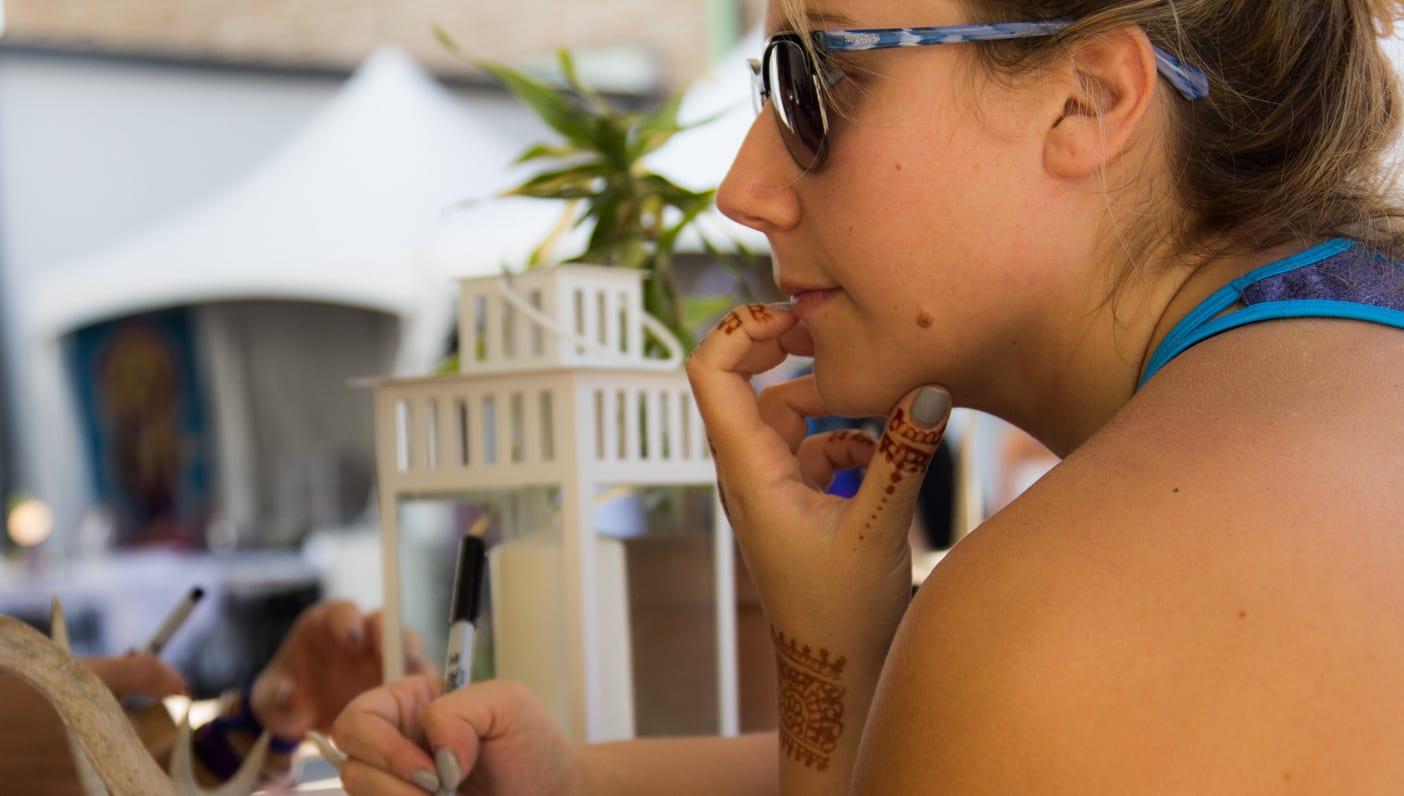
Is longevity only determined by genetics and physical well-being? Can our brains determine our physical health? Dr. Mario Martinez, a pioneering clinical neuropsychologist, believes so. We sat down with Dr. Martinez to learn a bit more about his research and his theory. If we can increase our number of years on this planet by seeking and choosing mental wellness and mindfulness, it may just be time to change our way of thinking—globally.
* * *
Wanderlust (WL): Could you explain the idea that thought processes can limit our physical beings? Is the “power of positive thinking” real?
Dr. Mario Martinez (MM): Positive thinking alone is not sufficient to make biocognitive changes. Thoughts have to be embodied (manifested in the body) before they can affect neuro-maps that eventually change operative consciousness rather than behavior. The brain needs evidence, rather than wishful thinking to change consciousness.
WL: What is biocognitive theory?
MM: Cognition and biology are coauthored in culturally constructed contexts. We know that thoughts affect the body but most theories ignore that the body is affected by cultural contexts.
WL: What are the detriments or dangers to our physical wellness of non-positive thinking?
MM: Negative thinking leads to a perception that confirms the dangerous and negative aspects of the world. It triggers hyper-alarm hormones that suppress immune responses that maintain health.
WL: What are the most common thought-processes you’ve seen in your career that are stunting to personal growth and success?
MM: Not setting emotional limits with others. Care-taking at the expense of your own health. Believing that genetics determine your health and longevity.
WL: Could you explain “known misery”?
MM: Known misery is a commitment to limit your abundance. Since it is a way of life, it causes less anxiety than unknown joy. The unknown, good or bad causes turbulence. Self esteem determines how turbulence is navigated and assimilated.
WL: What are the most pervasive cultural behaviors or memes that promote this type of misery?
MM: Accepting helplessness as a way of life; believing that happiness and abundance are only accessible to others.
WL: Are there any specific warning signs that people can watch for?
MM: When abundance and good fortune come your way the first thing to do is to identify how the body is manifesting the change. If not, you become desensitized to the dangers of fear.
WL: What are the most common roadblocks that people experience when they begin to adapt new ways of thoughts? Is there any one cultural meme or behavior that’s particularly difficult to undo?
MM: Since we coauthor our reality, when you drop what does not serve you well, it does not necessarily follow that your coauthors of misery are ready to change with you. Shame, abandonment, and betrayal are the three archetypal wounds that tribes use to keep you within the pale.
WL: What’s your simplest, best advice to increase longevity? Is there one particular way of thinking that’s more dangerous?
MM: Growing older is the passing of time; aging is what you do with time based on the cultural beliefs you learn to interpret your world. It is most dangerous to look at actuarial tables that will tell predict how long you’re going to live. It’s bad science, but they can have a deleterious effect on your heath.
Photo by Jake Laub
—
Dr. Mario E. Martinez is a clinical neuropsychologist and founder of the Biocognitive Science Institute. His research focuses on how cultural beliefs impact health, longevity, and success. He proposes, based on credible research evidence, that longevity is learned and the causes of health are inherited. He is the author of the bestselling book The MindBody Code: How to Change the Beliefs that Limit Your Health, Longevity, and Success that teaches his theory and practice of biocognitive science to the general public. In addition to longevity, he also explains why our immune system is not just a protector—instead, it responds to the cultural premises we live.
